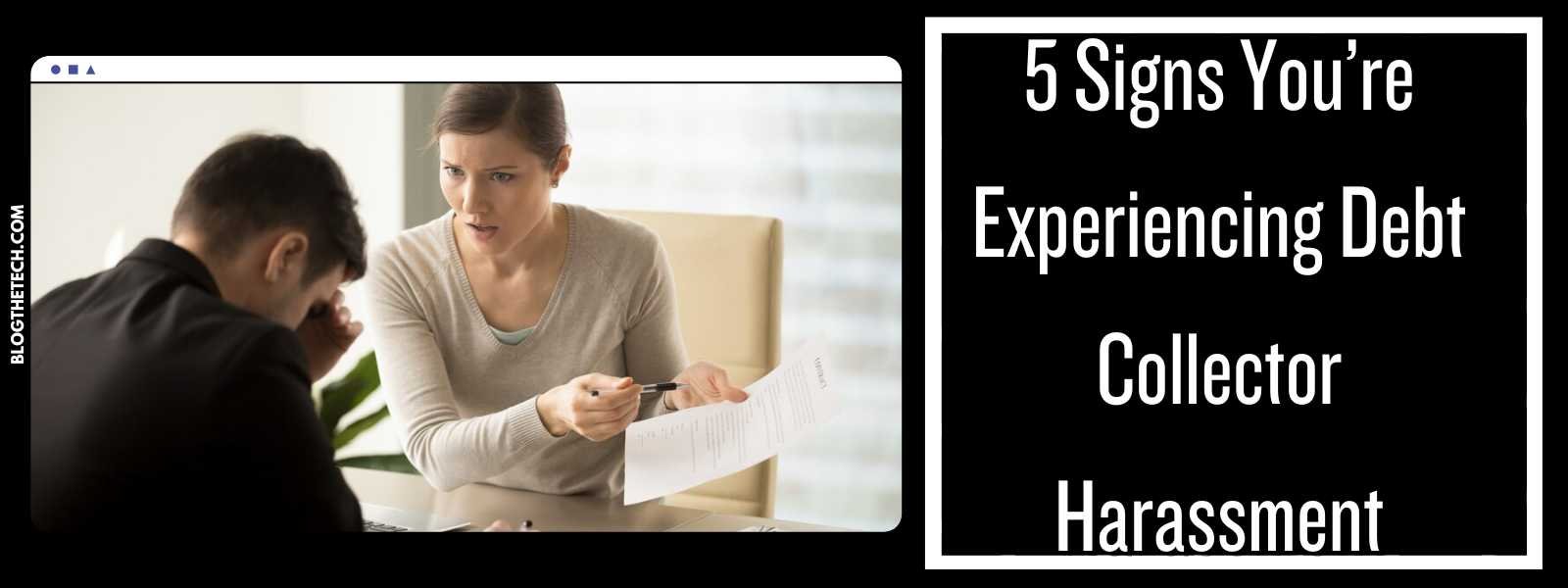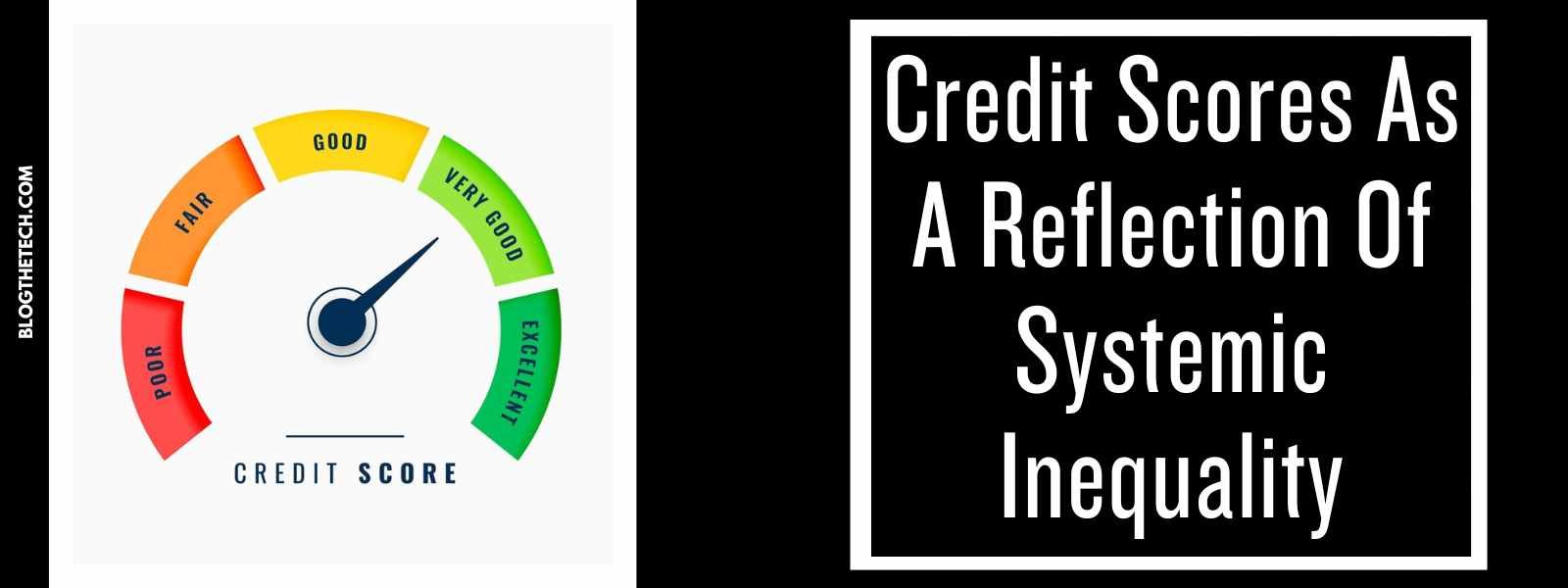Dealing with debt is stressful enough on its own, but when debt collectors cross the line into harassment, it can make life pretty unbearable. If you’re receiving constant phone calls, threats, or intimidation tactics, you need to do something about it. Thankfully, the Fair Debt Collection Practices Act (FDCPA) protects you from abusive practices and gives you some recourse.
Top Signs of Debt Collector Harassment
Sometimes debt collector harassment is obvious, while other times, it’s just clever enough to fly under the radar. Regardless, here are five signs to keep an eye out for:
- They Call You Excessively or at Odd Hours
Debt collectors have rules they must follow when it comes to contacting you, and one of the most basic is limiting when they can call. Under the FDCPA, they cannot call you before 8 a.m. or after 9 p.m. in your time zone unless you’ve explicitly agreed to it.
If you’re receiving calls outside of these hours – or if the volume of calls feels overwhelming – any consumer rights lawyer will tell you that it’s a sign of harassment. Constantly ringing your phone, whether at home, work, or on your cell, is not only stressful but also a tactic used to pressure you into paying.
What you can do:
- Document every call, including the date, time, and phone number.
- Let the collector know in writing that you want them to stop contacting you. Once they receive this request, they can only contact you to confirm they’ve stopped or to notify you of legal action.
- They Use Threatening or Abusive Language
No one should tolerate being threatened or verbally abused by a debt collector. If a collector is yelling, insulting you, or making threats of violence, they are violating your rights.
Threatening to have you arrested, harm you, or take actions they legally can’t follow through on – like seizing property without proper court orders – is another clear sign of harassment.
What you can do:
- Keep a record of any abusive language or threats, including direct quotes if possible.
- Report the behavior to the Consumer Financial Protection Bureau (CFPB) or your state’s attorney general’s office.
- They Contact Third Parties About Your Debt
Debt collectors are only allowed to contact third parties, like your family, friends, or employer, to verify your contact information. Even then, they cannot disclose details about your debt or repeatedly call the same person. If a collector is telling others about your financial situation or contacting them frequently, this is a direct violation of your privacy rights and a form of harassment.
What you can do:
- Inform the third parties that they are not obligated to provide information or communicate with the collector.
- File a complaint with the Federal Trade Commission (FTC) if the collector continues to involve others in your debt.
- They Refuse to Validate Your Debt
One of your rights under the FDCPA is to request a written validation of your debt. This document should include the amount owed, the name of the creditor, and information about your rights to dispute the debt. If a collector refuses to provide this or ignores your request, it’s a red flag.
Collectors who can’t validate your debt might be trying to collect on an account they can’t legally pursue, or worse, they could be attempting a scam.
What you can do:
- Within 30 days of initial contact, send a written request for debt validation.
- If they fail to provide the required information, they cannot continue collection efforts.
- They Continue Contact After You’ve Asked Them to Stop
You have the right to tell a debt collector to stop contacting you, and once you’ve done so in writing, they’re required by law to honor that request. If they continue to call, send letters, or email you after you’ve asked them to stop, they’re breaking the law.
Collectors are still allowed to notify you of specific legal actions they plan to take, but they cannot harass you once you’ve made it clear that you want the communication to end.
What you can do:
- Send a cease-and-desist letter to the collector via certified mail, keeping a copy for your records.
- If the harassment continues, consider consulting an attorney or filing a lawsuit for violations of the FDCPA.
3 Steps to Take if You’re Experiencing Debt Collector Harassment
Now that you know how to recognize harassment, let’s look at some ways you can protect yourself and hold collectors accountable:
- Keep Documentation: Keep a record of all interactions, including calls, letters, and emails. Save voicemails and take screenshots of messages as evidence.
- Report the Violations: File complaints with the CFPB, FTC, or your state attorney general. These agencies investigate and penalize abusive collectors.
- Lawyer Up: If the harassment is severe, consult a consumer rights attorney. Many attorneys specialize in debt collection cases and offer free consultations.
Moving On With Your Life
Dealing with debt is hard enough without the added stress of harassment from collectors. If you’re experiencing any of these signs – excessive calls, threats, disclosure of your debt to others, refusal to validate your debt, or continued contact after you’ve requested it to stop – it’s time to do something about it.





